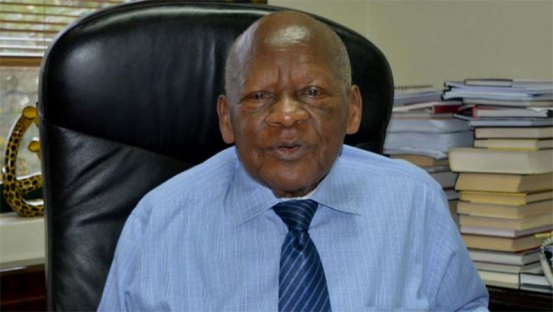×
The Standard e-Paper
Fearless, Trusted News

It has been over 50 years since former minister Maina Wanjigi implemented a successful squatters’ settlement programme. The Nairobian can reveal that Wanjigi’s bosses had allegedly hatched a plot to fire him after he declined to break the rules.